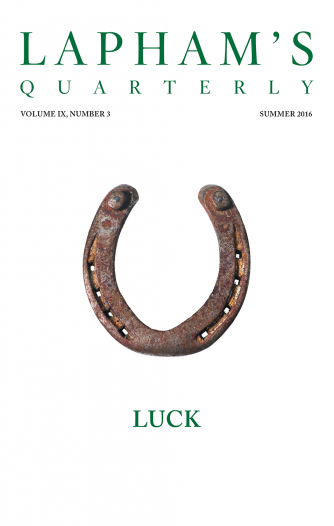As I was walking in the streets about a fortnight ago, I saw an ordinary fellow carrying a cage full of little birds. He had been buying sparrows for the opera, he said. Sparrows for the opera? asked his friend, licking his lips. What, are they to be roasted? No, no, says the other, they are to enter toward the end of the first act, and to fly about the stage.
This strange dialogue awakened my curiosity so far that I immediately bought the opera, by which means I perceived the sparrows were to act the part of singing birds in a delightful grove; though, upon a nearer inquiry, I found that they flew in sight while the music proceeded from a consort of flageolets and birdcalls planted behind the scenes.
There have been so many flights of them let loose in this opera that it is feared the house will never get rid of them; and that in other plays, they make their entrance in very wrong and improper scenes, so as to be seen flying in a lady’s bedchamber, or perching upon a king’s throne; besides the inconveniences which the heads of the audience may sometimes suffer from them. I am credibly informed that there was once a design of casting into an opera the story of Whittington and his cat, and that in order to it, there had been got together a great quantity of mice; but the proprietor of the playhouse very prudently considered that it would be impossible for the cat to kill them all, and that consequently the princes of the stage might be as much infested with mice as the prince of the island was before the cat’s arrival upon it; for which reason he would not permit it to be acted in his house.
From an essay in The Spectator. When the satirical journal The Tatler shut down in 1711, demand remained great. Its proprietors, Addison and his childhood friend Richard Steele, promptly began publishing The Spectator, which regularly sold four thousand copies of its Whig-leaning criticism. In 1713 Addison’s play Cato, a Tragedy debuted; the drama became so popular among American colonists that several famous quotes—including “I regret that I have but one life to lose for my country” and “Give me liberty or give me death”—were paraphrased from its pages.
Back to Issue

